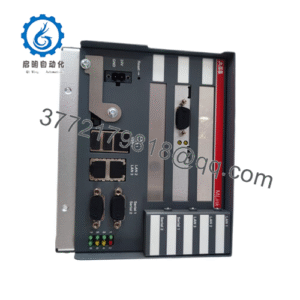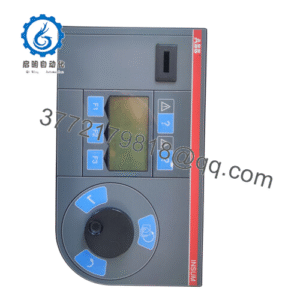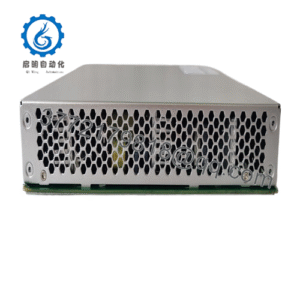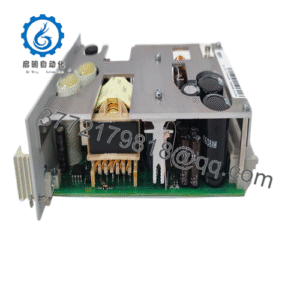Description
Product Model: CPCI-8211 (sometimes CPCI-8211R)
Product Brand / Family: Adlink / CompactPCI peripheral line
Product Type: 3U CompactPCI Ethernet interface card
Product Features:
- 10/100 Base-TX Ethernet via Intel 82559 controller
- Compliant with PICMG 2.0 (32-bit / 33 MHz) CompactPCI bus
- PXI compatible version, with optional rear I/O variant (CPCI-8211R)
- Backwards BIOS support for PXE network boot
Product Role & System Fit
The CPCI-8211 is a network interface card designed for CompactPCI (cPCI) backplane systems. In many industrial controller and data acquisition racks, CompactPCI boards need Ethernet connectivity for networked communication, diagnostics, and data transfer. This card provides that interface reliably, linking embedded controllers or data acquisition systems to Ethernet networks.
Since it conforms to the PICMG 2.0 standard, it plugs into the standard 3U cPCI slot and appears as a PCI device. The CPCI-8211 is often used in industrial, telecommunications, and instrumentation systems. In PXI (the instrumentation derivative of cPCI), its PXI compatibility makes it usable in mixed instrument racks. The Rear I/O version, CPCI-8211R, supports a rear transition module for wiring via the back panel, keeping front connectors uncluttered.
By adding this card to a CompactPCI system, you enable network communication (10/100 Mbps), remote management, data logging, or access to diagnostics. In many setups, a cPCI CPU board plus an Ethernet interface card like this is a standard pair.
Applications & Industry Context
Typical use cases include:
- Industrial control systems: Machines and automation controllers built around CompactPCI need Ethernet connectivity to SCADA, MES or supervisory networks.
- Data acquisition / instrumentation racks: Sensors, measurement modules collect data; the CPCI-8211 lets the data be offloaded over Ethernet.
- PXI / test systems: Because the card is PXI compatible, it’s useful in modular test benches mixing instruments and controllers.
- Embedded computing / compact servers: In embedded PC platforms based on cPCI backplanes, having a reliable Ethernet interface with PXE boot support is critical for remote deployment and management.
- Redundant or rugged systems: In harsh environments, using industrial cPCI modules with stable Ethernet links helps in system reliability.
Many systems prefer cards like CPCI-8211 because they are proven, widely supported, and compatible with existing drivers for Intel’s 82559 controllers, giving good driver support in Linux, Windows, etc.
Technical Features & Benefits
Intel 82559 Ethernet Controller
The heart of the card is the Intel 82559, which handles the MAC and PHY functions for 10/100 Base-TX operation. It supports auto-negotiation, full duplex, and standard Ethernet features
CompactPCI / PCI Bus Compliance
It is fully compliant with the PICMG 2.0 standard for 32-bit / 33 MHz CompactPCI. That means it shares the backplane electrical and mechanical spec required.
PXI Compatibility & Rear-I/O Option
Because many test systems use PXI chassis (which are mechanically similar to cPCI), the card works in those environments. For wiring convenience, the CPCI-8211R includes a Rear Transition Module (RTM) with wiring moved to the back via a J2 connector.
Low Power Design
Based on public datasheets, the CPCI-8211 uses around 5 V @ 100 mA from the backplane.
Networking / PXE Boot Support
Because of the Intel 82559 and its BIOS-level boot ROM, the card supports PXE (pre-boot execution environment), allowing network-based booting and remote OS installation.
Driver / OS Support
As a standard Ethernet controller (82559 series), it has driver support across multiple operating systems — Linux, Windows, QNX, etc.
Form Factor / Mechanical Compatibility
The card uses the 3U Eurocard form (100 mm × 160 mm) and occupies one slot. For the R variant, the depth includes a 50 mm RTM module for rear wiring.
Technical Specifications
| Specification | Description / Value |
|---|---|
| Model / Part | CPCI-8211 (or CPCI-8211R variant with rear I/O) |
| Bus / Protocol | 32-bit / 33 MHz CompactPCI (PICMG 2.0) |
| Ethernet Interface | 10/100 Base-TX, auto-negotiation, full/half duplex |
| Controller Chip | Intel 82559 (MAC + PHY) |
| LED Indicators | Link, Activity, Speed indicator (10/100) |
| Power Consumption | 5 V @ ~100 mA from backplane |
| Form Factor / Board Size | 3U Eurocard (100 mm × 160 mm) |
| Rear I/O Option | CPCI-8211R variant with J2 / RTM module depth 50 mm |
| Operating Temperature | 0 °C to 60 °C (typical spec) |
| Storage Temperature | –20 °C to 80 °C |
| Relative Humidity | 10%–90%, non-condensing |
| Connector | RJ45 front for Ethernet; optional rear I/O for CPCI-8211R |
| PXI Compatible | Yes |
| Driver / OS Support | Linux, Windows, QNX, DOS etc. |
Installation & Maintenance Insights
- Slot and Keying: Ensure the card is inserted into a 3U cPCI slot, with proper keying (5V I/O vs 3.3V environments) to avoid incompatibility.
- Front vs Rear I/O: For systems requiring back-plane cabling, choose the CPCI-8211R variant with rear I/O and J2 connector. Otherwise, front RJ45 may suffice.
- Jumper / Switch Settings: The card may include jumpers or DIP switches for link modes, auto-negotiation disable, or PXE boot enable (check manual).
- Drivers & Firmware: Use standard 82559 drivers; for PXE boot, verify that BIOS/boot ROM is enabled or loaded.
- Thermal Considerations: The card consumes modest power, but ensure airflow in the chassis; avoid hot-spot stacking.
- Testing & Diagnostics: Link/activity LEDs indicate Ethernet status; use loopback and ping tests after insertion.
- Spare Matching: Keep identical revision / variant cards for fast replacement, especially matching with or without RTM module.

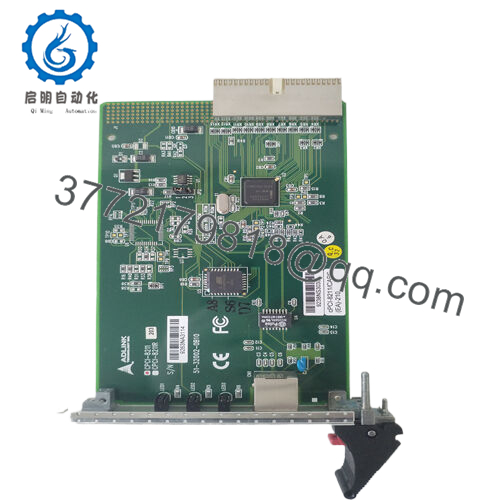
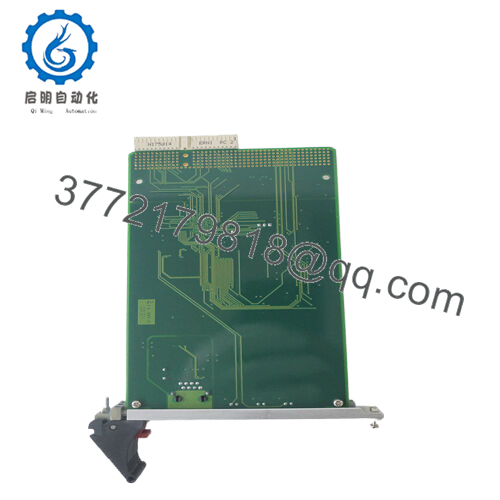
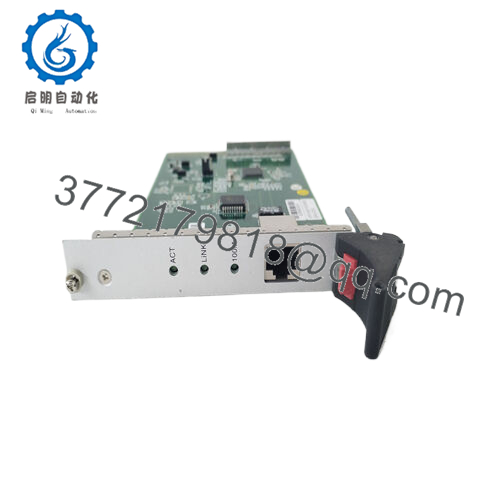
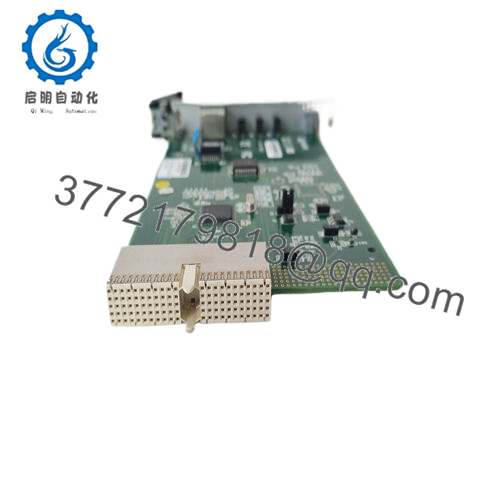
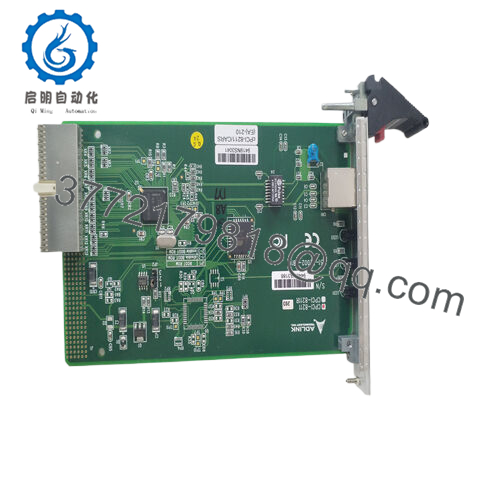
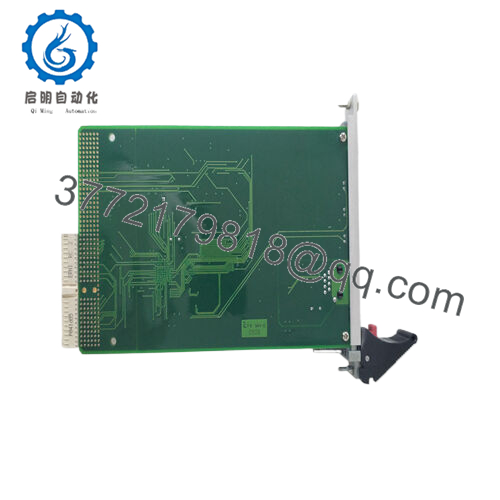
 WhatsApp: +86 16626708626
WhatsApp: +86 16626708626 Email:
Email:  Phone: +86 16626708626
Phone: +86 16626708626